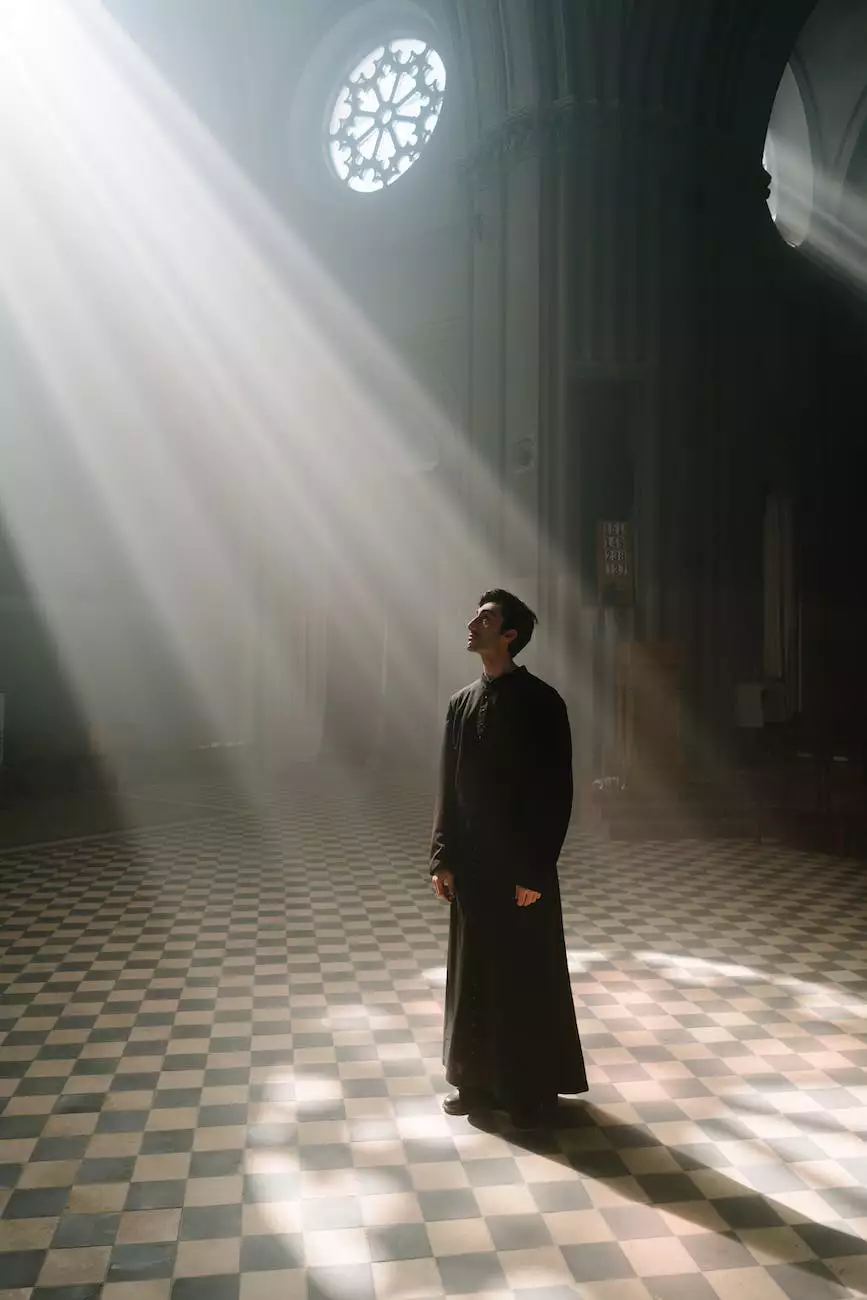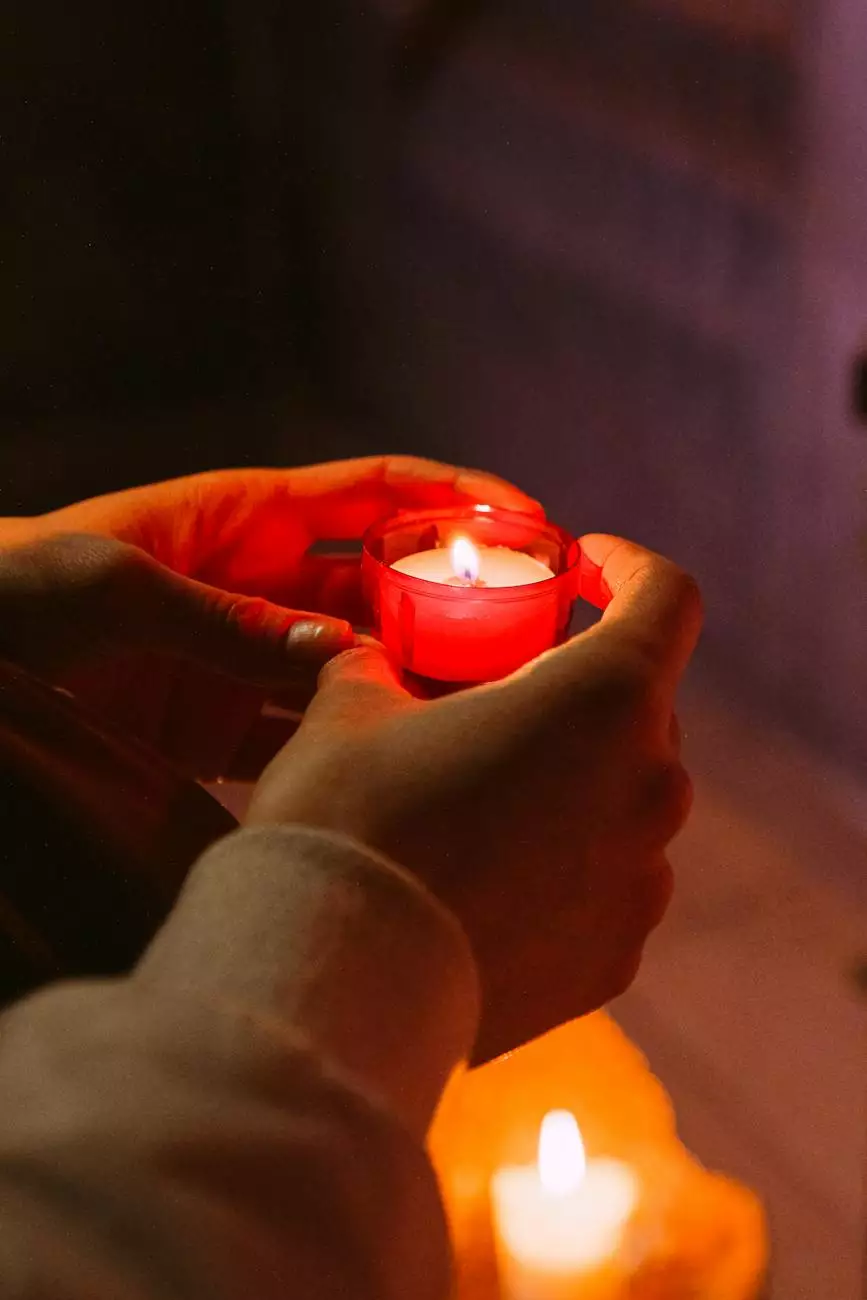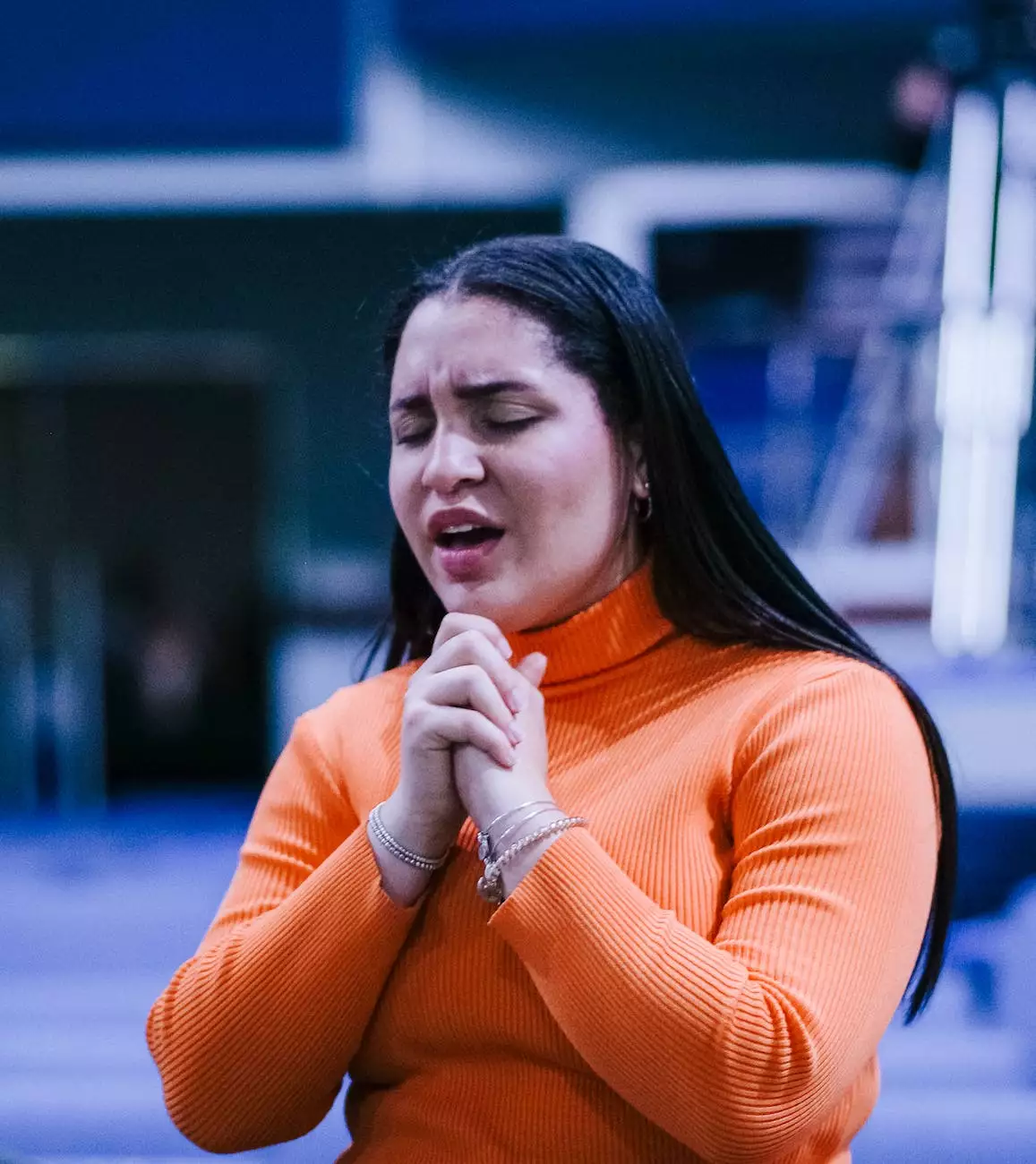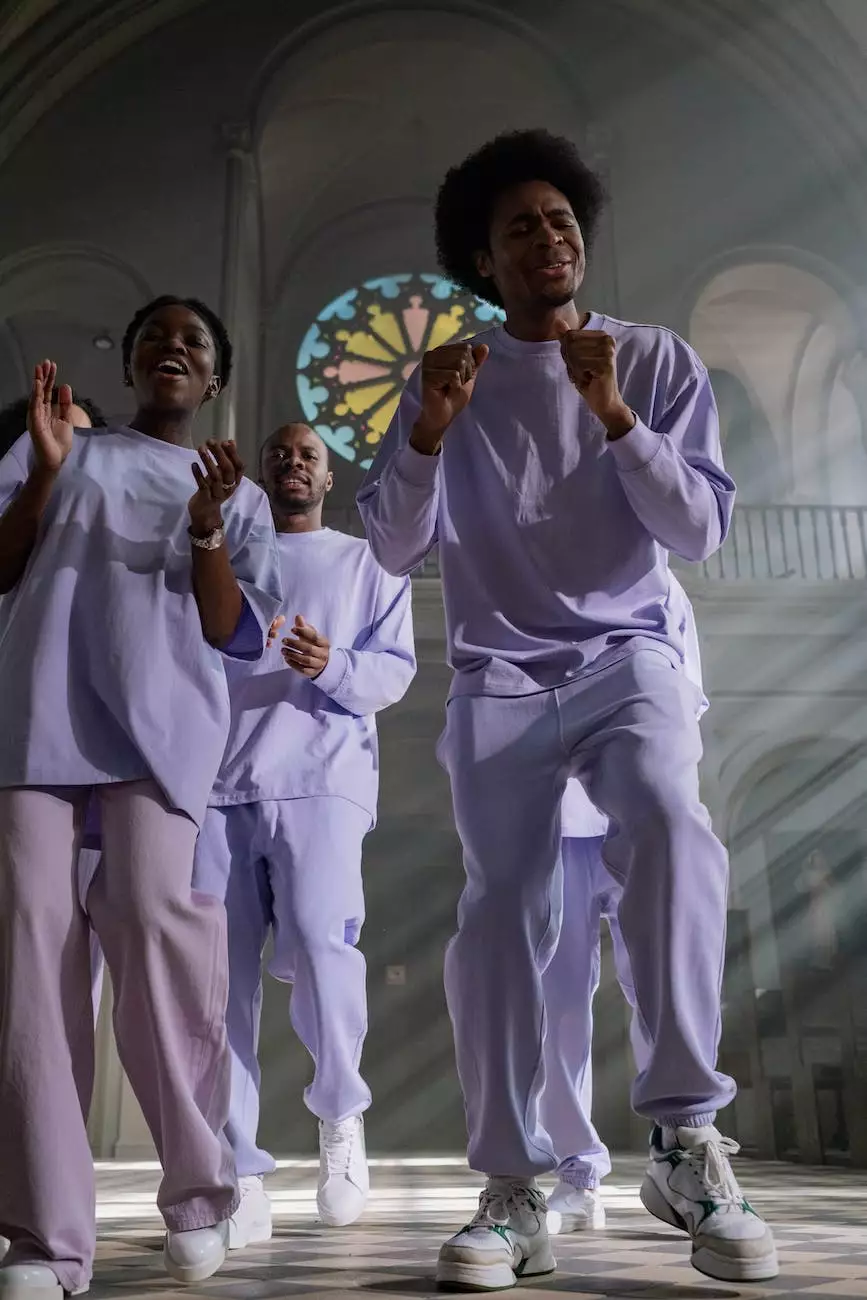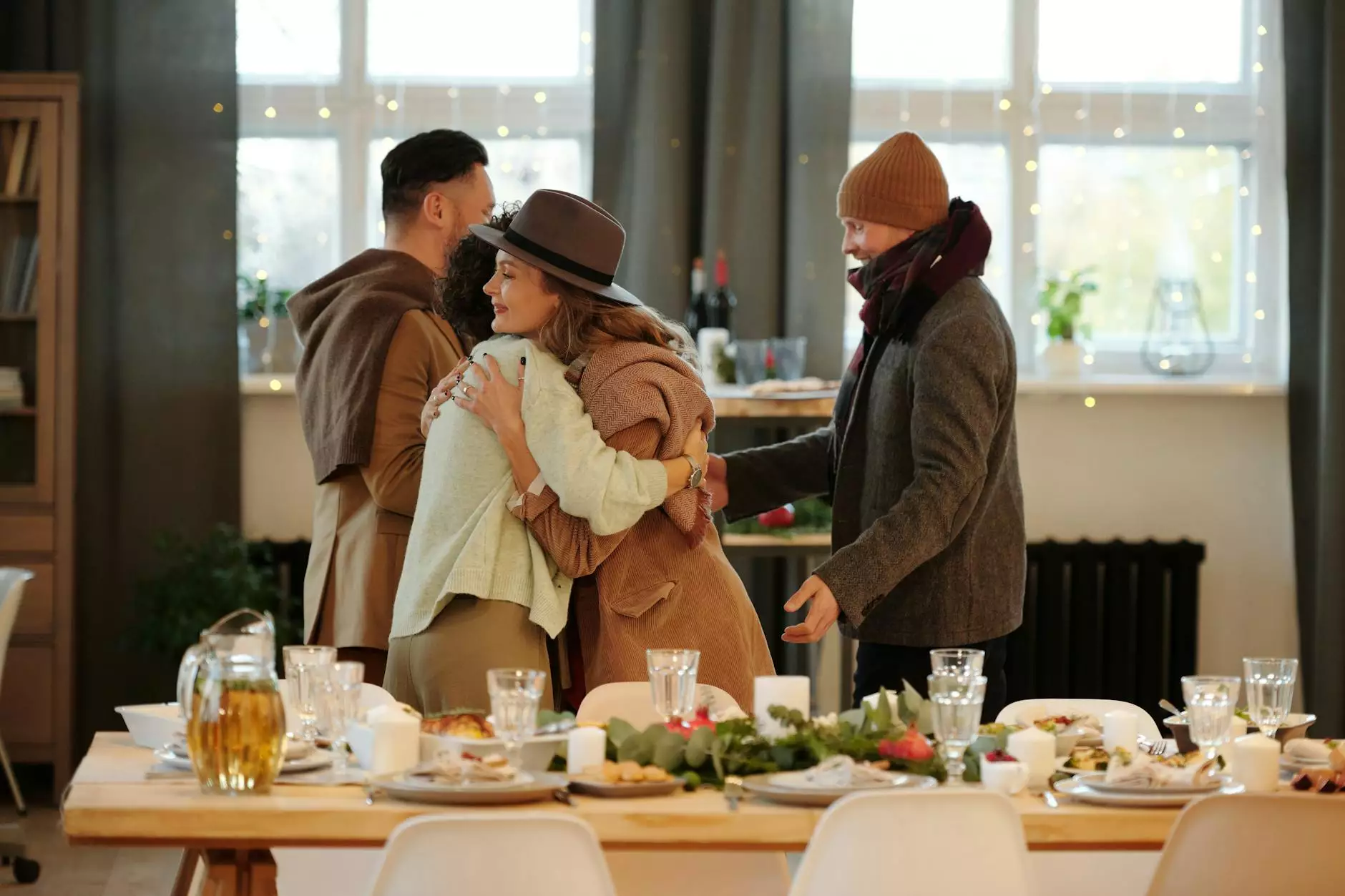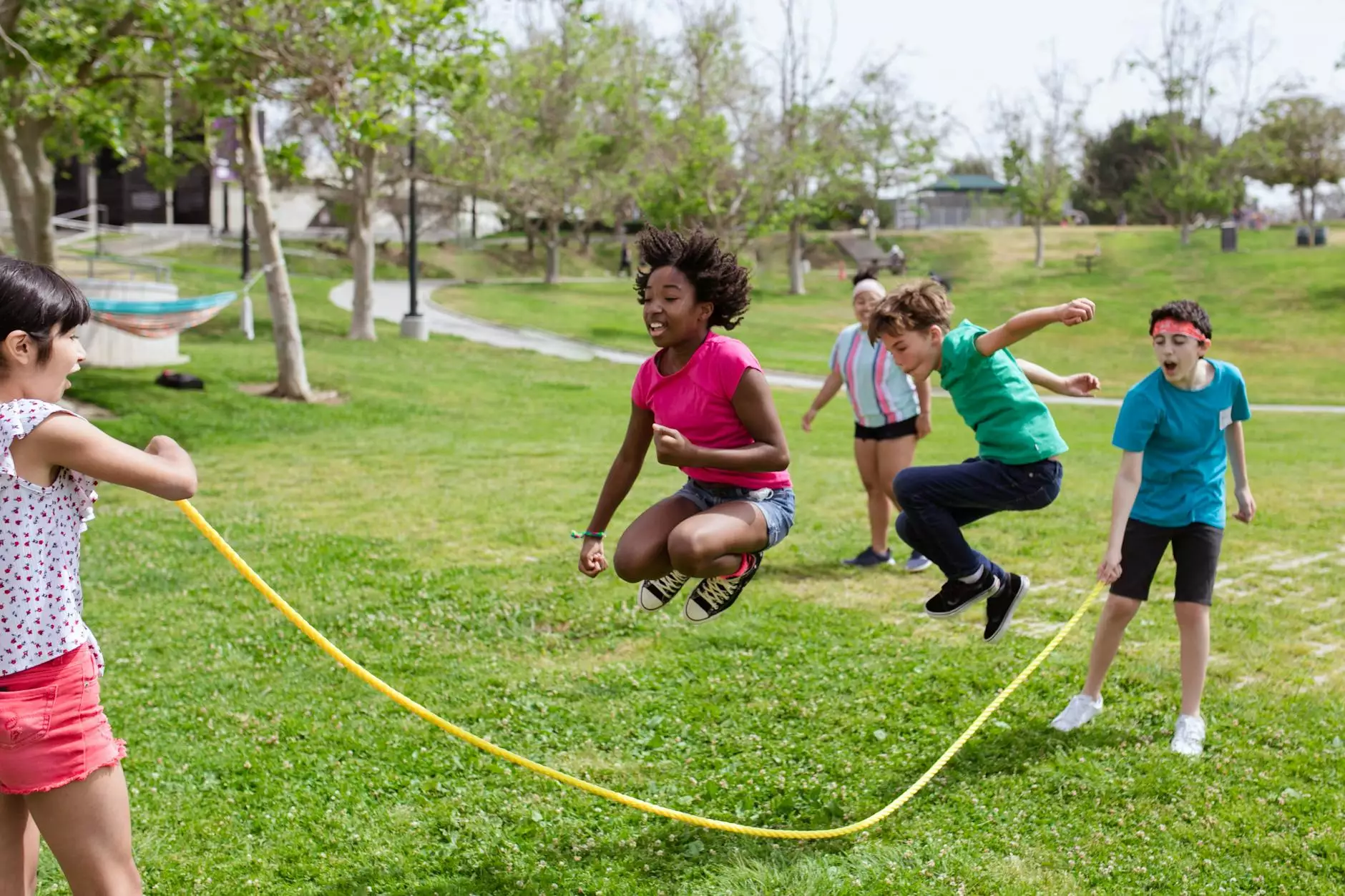Questions Asked During Our Panel of Our Sex Series
Lifehouse
Introduction
Welcome to New Community Rising Church, a place where faith, beliefs, and community go hand in hand. In our quest to foster an environment of open dialogue and inclusivity, we recently organized a panel on sex education and relationships. This insightful event covered a range of topics aimed at exploring the intersections of faith, relationships, and sexuality. Below, we dive into the questions that were raised during this thought-provoking discussion.
Understanding Sexuality and Faith
1. Can someone be religious and embrace their sexuality?
In our panel discussion, we delved into the topic of reconciling religious beliefs with one's sexual identity. The consensus was that embracing one's sexuality while maintaining a strong religious foundation is indeed possible. Our guest panelists highlighted the importance of self-acceptance, self-love, and finding interpretations of faith that align with personal values.
2. How can we approach discussions about sexuality within religious communities?
Within religious communities, discussions about sexuality can often be challenging. Our panelists stressed the significance of creating spaces that foster open conversations, free from judgment or shame. By promoting empathy, education, and compassion, religious communities can bridge the gap between faith and sexuality and promote understanding and acceptance.
Sex Education and Youth
1. How can parents approach sex education with their children?
During our panel, experts discussed the importance of age-appropriate sex education. Starting conversations early, maintaining open communication, and addressing questions honestly are vital. By emphasizing values such as consent, respect, and healthy relationships, parents can guide their children towards a well-rounded understanding of sexuality.
2. How can faith-based schools incorporate comprehensive sex education?
Our panelists shared insights on the need for faith-based schools to embrace comprehensive sex education. This includes covering topics like consent, LGBTQ+ inclusivity, and safe sex practices. By eradicating preconceived notions and educating students about the complexities of human sexuality, faith-based schools can create safe spaces for open dialogue and unbiased learning.
Relationships and Spirituality
1. How does spirituality impact relationships?
Exploring the connection between spirituality and relationships, our panelists noted that shared beliefs and values can form a strong foundation for a healthy partnership. By nurturing spirituality together, couples can find comfort, guidance, and support within their relationship, enhancing their overall bond.
2. Can faith be a source of empowerment within relationships?
Our panel discussion highlighted the potential for faith to serve as a powerful source of empowerment. For many individuals, faith provides a sense of purpose, hope, and communal support, which can positively impact their relationships. By fostering shared religious practices, couples can deepen their connection and find strength in one another.
Sexuality, Identity, and Inclusivity
1. How can faith communities be more inclusive of LGBTQ+ individuals?
The topic of inclusivity within faith communities was a key point of discussion. Our panelists highlighted the importance of embracing diversity, challenging harmful stereotypes, and actively working towards creating inclusive spaces. By prioritizing love, acceptance, and understanding, faith communities can fully support and uplift LGBTQ+ individuals.
2. What role does faith play in navigating the complexities of identity?
Our panel shed light on the role faith plays in helping individuals navigate their identity. Faith can provide a framework for self-discovery, self-acceptance, and finding meaning. By offering supportive resources and opportunities for dialogue, faith communities can support individuals on their journey of self-acceptance and exploration.
Conclusion
At New Community Rising Church, our panel of experts engaged in thoughtful conversations about sex education, relationships, and faith. Throughout the discussion, we explored the various intersections and challenges individuals face in integrating their faith and sexuality. By addressing these concerns head-on, we hope to foster a more informed and accepting community where inclusivity thrives. Join us as we continue to promote open dialogue, understanding, and empathy within the realm of faith, beliefs, and society.

